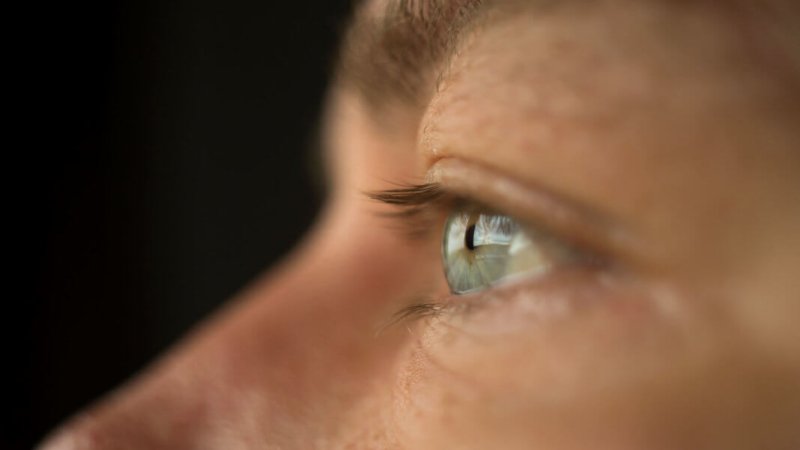In the past 12 months, four clinical trials launched in the United States to use CRISPR to treat and potentially cure patients of serious medical conditions.
CRISPR-Cas9 is a technology derived from single-celled prokaryotic microorganisms and is composed of guide strands of RNA as well as the Cas9 enzyme, which does the “cutting.” It allows scientists to make changes at highly specific locations in a cell’s genetic code by removing or replacing parts of the genome.
…
While some of the diseases CRISPR therapies aim to tackle have other treatments available, part of gene editing’s allure lies in the possibility of a more effective or even permanent fix. The four U.S. clinical trials involving CRISPR have the potential to tackle cancers such as melanoma and lymphoma, sickle cell disease, and even blindness.
“As complicated and expensive as [genetic editing] is, you really are talking about the potential to cure a disease.” [says researcher Saar Gill.]
…
Larger trials must follow this preliminary work before the FDA can approve any new treatment.
…
But for conditions that often prove deadly or debilitating, a little genetic engineering, done properly, could go a long way.
Read full, original post: Four U.S. CRISPR Trials Editing Human DNA to Research New Treatments































